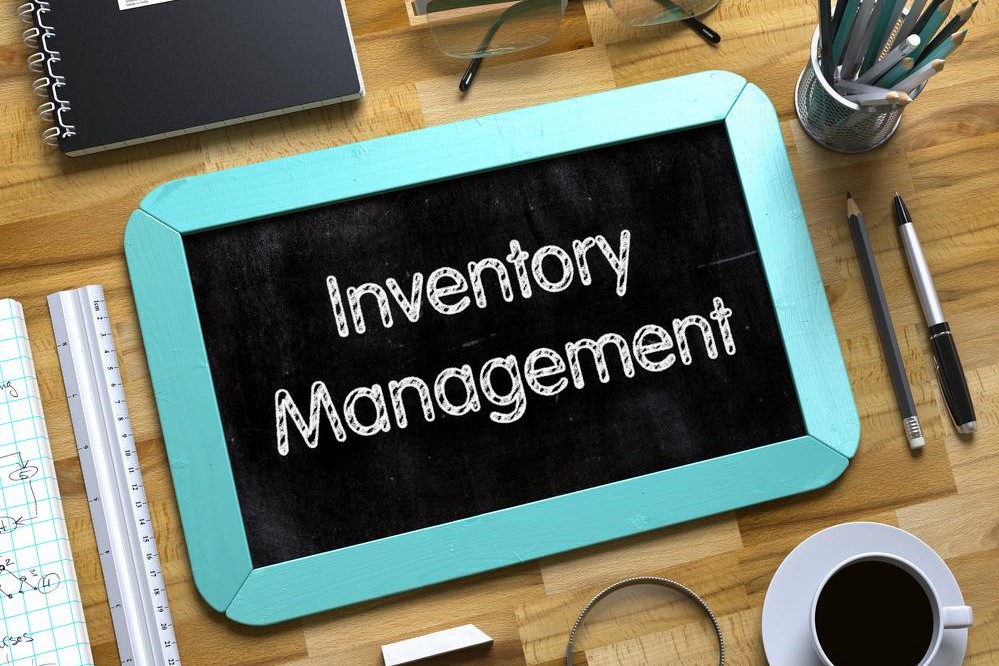Effective Strategies to Optimize Inventory Management for Business Success
Discover comprehensive strategies to optimize your inventory management process. Learn how analyzing past data, implementing reliable software, conducting regular audits, and streamlining warehouse operations can improve efficiency, reduce costs, and enhance customer satisfaction. This guide is essential for businesses aiming for operational excellence and increased profitability through smarter inventory control.

Effective Strategies to Optimize Inventory Management for Business Success
Achieving business success requires a multifaceted approach, with inventory management being a core pillar. Properly managing stock levels, controlling operational costs, and ensuring product availability are vital to maintaining a competitive edge in today’s fast-paced market. Many entrepreneurs underestimate the significance of efficient inventory control, but mastering this aspect can lead to improved cash flow, reduced waste, and enhanced customer satisfaction. Whether you operate a small retail outlet or a large warehouse, adopting strategic inventory management practices can transform your operational efficiency and profitability.
Inventory management involves a comprehensive process that includes tracking merchandise, setting reorder points, and ensuring optimal storage conditions. It also involves strategic pricing, minimizing surplus stock, and reducing obsolete inventory. When executed effectively, it allows businesses to align supply with demand accurately, avoid stockouts, and prevent overstocking, which can tie up valuable capital. This systematic approach helps streamline operations, reduce costs, and improve overall customer service.
If managing inventory seems daunting, here are some proven strategies to help streamline and optimize your process:
Analyze Historical Data to Identify Patterns and Challenges: Start by reviewing your past inventory records to pinpoint recurring issues such as stockouts or excess stock. Understanding these patterns enables targeted improvements and prevents repeat problems.
Implement a Robust Inventory Control System: Invest in reliable inventory management software that offers real-time tracking, detailed stock analytics, and automated reorder alerts. Such systems help you make data-driven decisions and avoid manual errors.
Choose Compatible Inventory Software: Evaluate different software options based on your business needs. Look for platforms that integrate seamlessly with your existing sales, accounting, and supply chain systems to ensure smooth operation, especially if you are just establishing your inventory processes.
Maintain Regular Inventory Audits: Conduct frequent physical counts to verify digital data accuracy. Regular audits help detect discrepancies early, track shrinkage, and identify slow-moving or obsolete stock items.
Optimize Storage and Warehouse Layout: For larger operations, invest in efficient warehouse organization. Proper shelving, clear labeling, and strategic placement can speed up order picking, reduce errors, and improve overall workflow.
Control Inventory Levels and Minimize Waste: Keep stock levels lean by identifying slow-moving products and reducing seasonal overstock. This approach decreases storage costs and mitigates the risk of obsolescence.
Adopt a Warehouse Management System (WMS): For large-scale distribution or manufacturing, a WMS provides comprehensive tools for inventory tracking, warehouse planning, and shipping logistics. Such systems enhance operational efficiency on a grander scale.
Incorporating these strategies can significantly elevate your inventory management capabilities, leading to better resource utilization and increased profitability. Keep reviewing and refining your systems regularly to stay aligned with market trends and customer preferences. Efficient inventory management is a dynamic process that, when executed properly, becomes a competitive advantage that propels your business forward.





